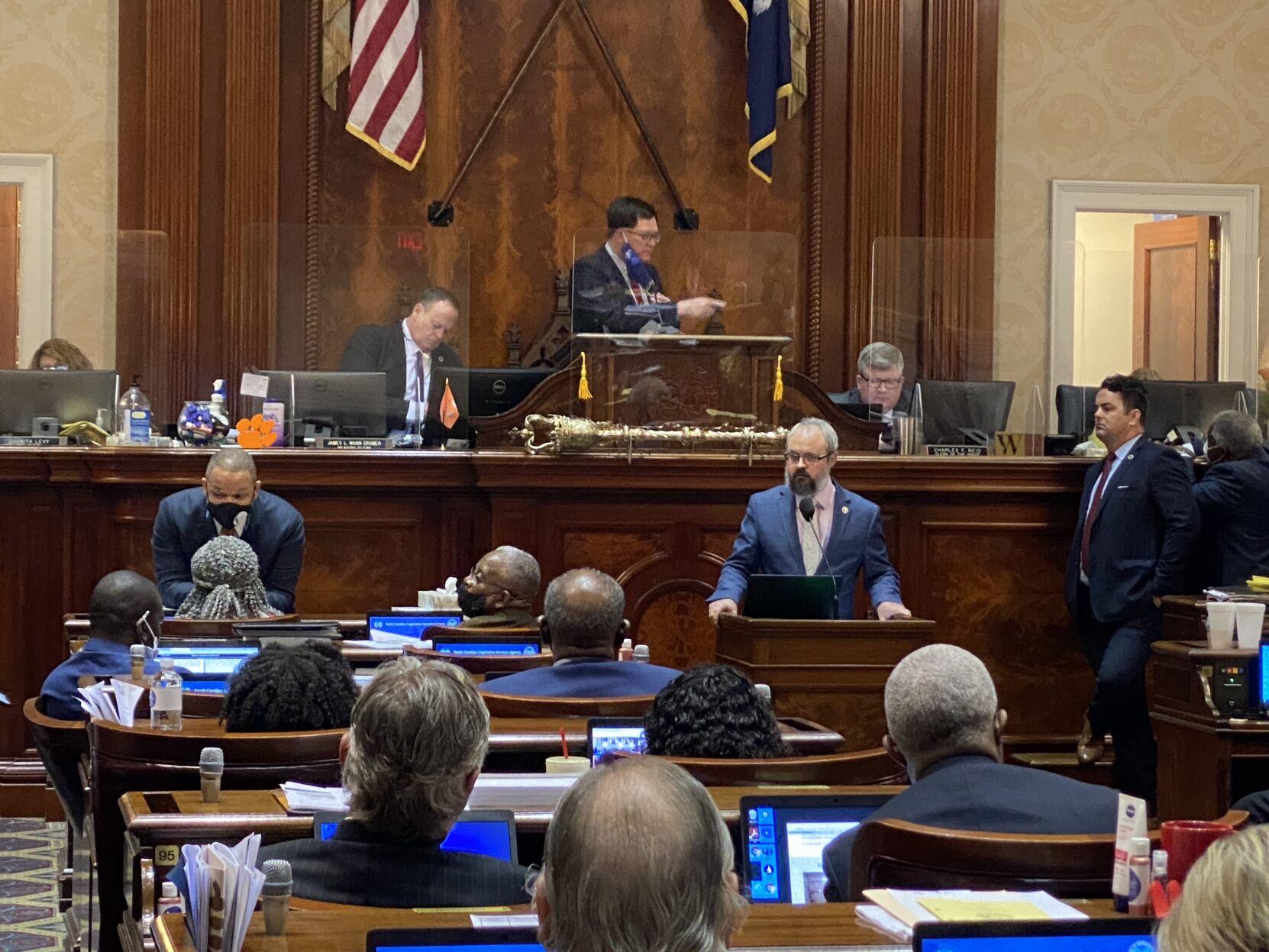Editorial: There are no minor violations of SC ethics law — and certainly not 133 - Charleston Post Courier

There are two approaches to protecting voters against elected officials who are too willing to please their campaign donors.
The most direct is to strictly limit who can make donations and how much they can donate.
South Carolina chose instead to ensure voters have enough information about donations and expenditures to make informed decisions about candidates’ loyalties. (We do prohibit donations from lobbyists, and we limit the size of donations, but it’s not a particularly tight limit.)
While accepting illegal donations and converting donations to personal use are serious crimes, they are not more serious violations of the public trust than failing to report donations and expenditures on time, fully and accurately. Those reporting failures aren’t just a question of complying with red tape. They aren’t simple bookkeeping errors. They’re serious and substantive violations of the law.
And when they occur 133 times in three years, they can’t be written off as inadvertent errors. They are serious, substantive and significant violations of the law.
S.C. Rep. Jonathon Hill’s attorney hasn’t denied that his client misreported and failed to report numerous donations and expenditures. He’s not contesting that Mr. Hill made a mortgage payment and two small purchases out of his campaign account. What he’s contesting is whether he did anything that merits prosecution.
The House Ethics Committee says Mr. Hill repaid his campaign for the mortgage payment within days, and it’s quite believable that this was in fact a mistake that he attempted to correct immediately. If that were the only thing he did wrong, he probably would deserve nothing more than a slap on the wrist.
But, according to the committee’s complaint, he failed to report that transaction on his campaign finance reports, as required by law. And he failed to report 17 donations on his campaign finance reports, as required by law. And he failed to deposit 68 donations into his campaign account, as required by law. And he accepted 14 cash contributions, which are illegal because they’re not traceable. And he made 11 expenditures from his campaign account without reporting them, as required by law. And he made 13 expenditures out of pocket, which is illegal because they’re untraceable. And he failed to deposit scores of checks within 15 days, as required by law.
All of those failures add up to depriving voters of information they need to assess whether Mr. Hill is serving their interests or the interests of his campaign donors, and whether there’s anything fishy about how he’s spending the money people donate to his campaign.
Mr. Hill’s attorney told Columbia’s State newspaper that “There’s no money missing anywhere” and “What this entire thing equates to are financial missteps, recording missteps by someone who is not financially trained.” That ignores the fact that complying with the campaign finance law is as much a part of a legislator’s job as showing up for sessions and casting votes. And it’s actually quite easy to comply with the law if you simply assume that every penny you receive and every penny you spend on your campaign has to be reported. Which you ought to do if you’re committed to transparency. And which some candidates do, routinely.
What’s most significant about Mr. Hill’s case, though, is the larger lesson it should teach us. Again: We never would have known about the mortgage payment or the scores of unreported and misreported donations and expenditures if Mr. Hill hadn’t filed sloppy campaign reports that raised red flags.
The House and Senate Ethics committees routinely review disclosure reports for red flags, and then audit campaign accounts where they spot them. But that’s because they choose to, not because state law requires them to. And even this doesn’t protect us against less-sloppy candidates who are violating the law. And most candidates aren’t running for the House or Senate, so they aren’t subject to those reviews.
That needs to change. The Legislature should require the State Ethics Commission to take a page from the IRS and conduct a minimum number of random audits every month on the thousands of state and local reports it receives. And it should require candidates to file copies of their monthly bank statements along with their disclosure reports to facilitate that process, so officials don’t have to get their permission to review them, as they did with Mr. Hill.
That won’t catch everyone who’s tempted to engage in these otherwise difficult-to-detect violations, but it will increase their fear of getting caught. And fear of getting caught is a pretty good deterrent to white-collar crime.
source: https://www.postandcourier.com/opinion/editorials/editorial-there-are-no-minor-violations-of-sc-ethics-law-and-certainly-not-133/article_fa28741e-b5e7-11ec-ad91-6f934e9e04ed.html
Your content is great. However, if any of the content contained herein violates any rights of yours, including those of copyright, please contact us immediately by e-mail at media[@]kissrpr.com.

